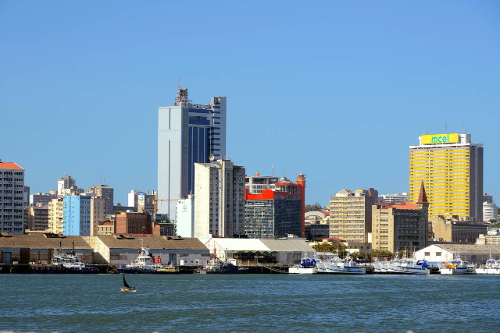Mozambique Central Bank Cuts Rates Again, Signals Further Easing

TLDR
- Mozambique's central bank lowered its benchmark interest rate to 13.5%, aiming to ease borrowing costs and support economic growth.
- Annual inflation decreased to 2.8% in August, contributing to the rate cut decision.
- Further reductions in interest rates are expected based on inflation forecasts and economic risks.
Mozambique’s central bank lowered its benchmark interest rate for the fifth time this year, reducing the Mimo rate to 13.5% from 14.25%, Governor Rogerio Zandamela said. The move is part of the bank’s ongoing effort to ease borrowing costs, and further reductions are expected as inflation risks remain contained.
Annual inflation cooled to 2.8% in August, down from 3% in July, aided by a stable currency and steady international commodity prices. Despite easing inflation, high borrowing costs persist due to the government’s reliance on local debt markets to fund the budget deficit.
The central bank’s monetary policy committee signaled that further rate cuts would depend on inflation forecasts and risks to the economic outlook. The rate cut comes as Mozambique prepares for general elections on October 9 and aims to support economic growth, which rose to 4.5% in the second quarter.
Key Takeaways
Mozambique stands out as the only African central bank consistently reducing interest rates in 2024. The central bank’s focus on maintaining a stable currency and containing inflation has allowed it to ease borrowing costs, offering relief to borrowers who have been grappling with high real interest rates. With inflation risks under control, further rate cuts are likely as the country aims to boost economic growth, which reached 4.5% in the second quarter. However, the government’s reliance on local debt markets continues to pressure borrowing costs, posing challenges to long-term fiscal stability. As the country heads into general elections, the central bank's monetary easing may help support economic momentum.

Next Frontier
Stay up to date on major news and events in African markets. Delivered weekly.
Pulse54
UDeep-dives into what’s old and new in Africa’s investment landscape. Delivered twice monthly.
Events
Sign up to stay informed about our regular webinars, product launches, and exhibitions.




